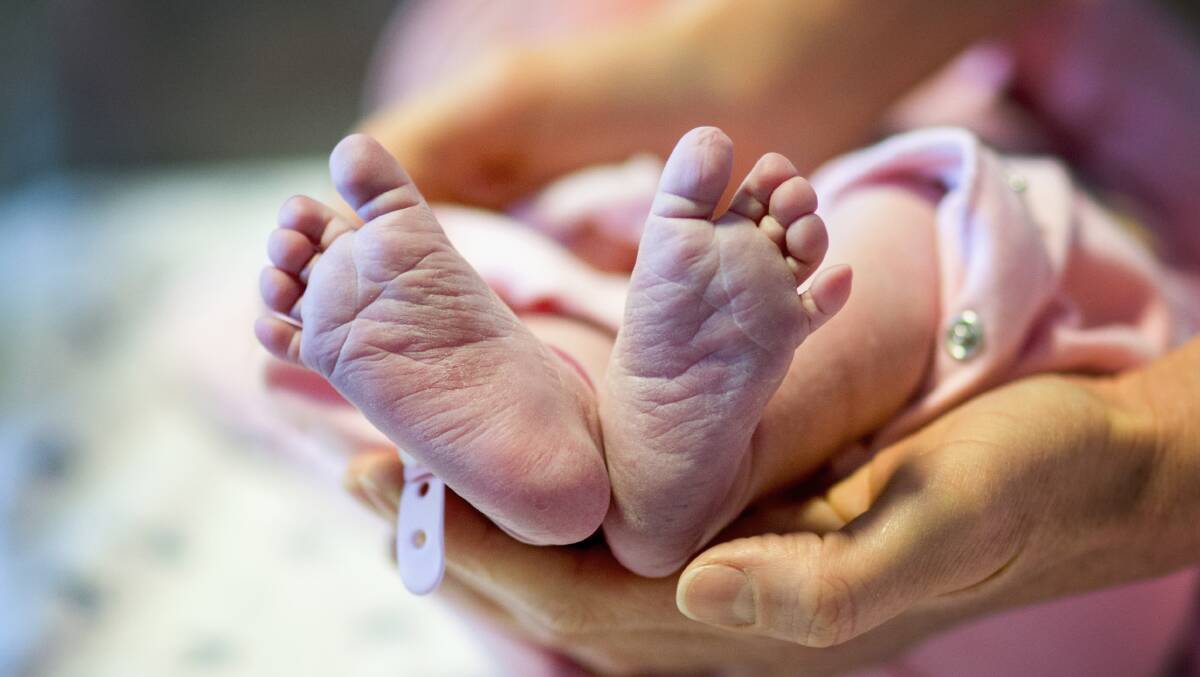
A dozen Wollongong women have detailed the horrific side effects of pelvic mesh implant surgery in a nationwide survey – and that’s just the tip of the iceberg according to researchers.
Subscribe now for unlimited access.
or signup to continue reading
The Health Issues Centre (HIC) is calling on more women in the region – and beyond – to respond to the survey into the procedure which treats incontinence and prolapse complications after childbirth.
Danny Vadasz, CEO of the health consumer advocacy group, said the risky intervention could end up ‘’eclipsing’’ the Thalidomide disaster of the 1950’s and ‘60s where a remedy for morning sickness led to a wide variety of birth defects.
Since the HIC launched the social media survey seven weeks ago, more than 1800 women have come forward with more than half citing problems such as chronic incontinence, abdominal pain, painful intercourse and even marital breakdown.
One Wollongong woman who responded claimed: ‘’The pain is ongoing. My surgeon has been dismissive. I don’t know where to go to seek further help and support. Please help!’’
Another local respondent said she’d been on antibiotics constantly since having the implant in 2006.
In another response, a woman said she feared for her future: ‘’What should have been a simple procedure left me broken. Traumatised, in pain and dreams shattered. Since then my life is hell. I am near suicidal due to pain and bladder dysfunction. My entire family is traumatised.’’
Mr Vadasz said while the alarm had been sounded about risks associated with the procedure as early as 2002, it had stayed under the radar until a group of affected women approached Senator Derryn Hinch and a senate inquiry was established earlier this year.
‘’The survey, and the comments from the women, will form the basis of our submission to the inquiry into the extent – and impact – of these implants in Australia,’’ Mr Vadasz said.
‘’We’ve heard from 1800 women so far and that’s just the tip of the iceberg. These women have suffered both physical and psychological pain from the procedure.
‘’While medical professionals and the Therapeutic Goods Administration claim it has revolutionised surgical options for women with urinary incontinence and pelvic organ prolapse, they can’t write off the pain inflicted on these other women as collateral damage.’’
Mr Vadasz said there was no central record of pelvic mesh implants performed in Australia, although it was estimated 100,000 women had them since the procedures first began in the late 1990s.
He encouraged women who’d had an implant to complete the HIC survey at www.facebook.com/pg/UnderstandingPelvicMesh

